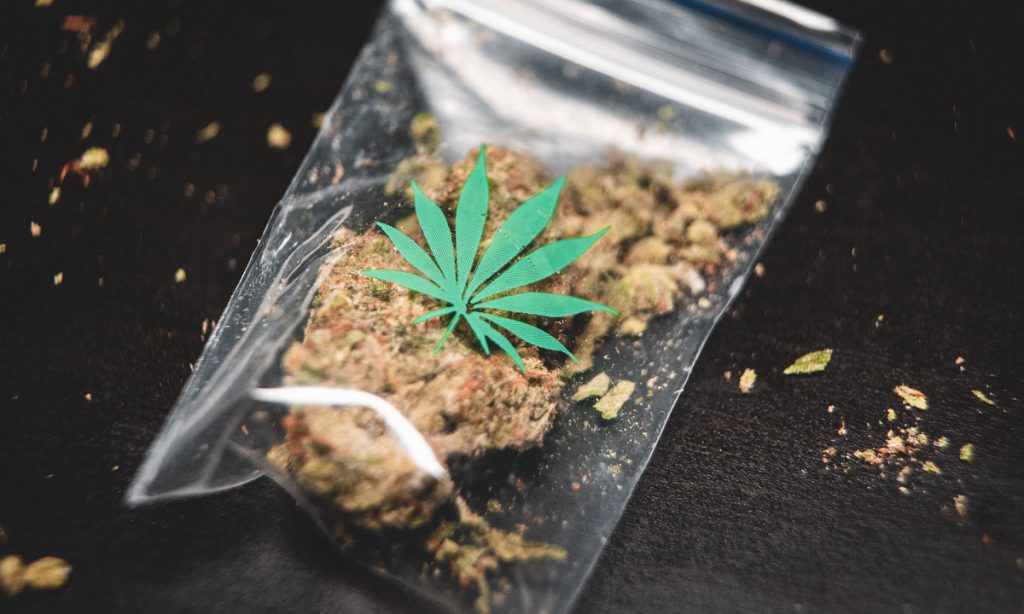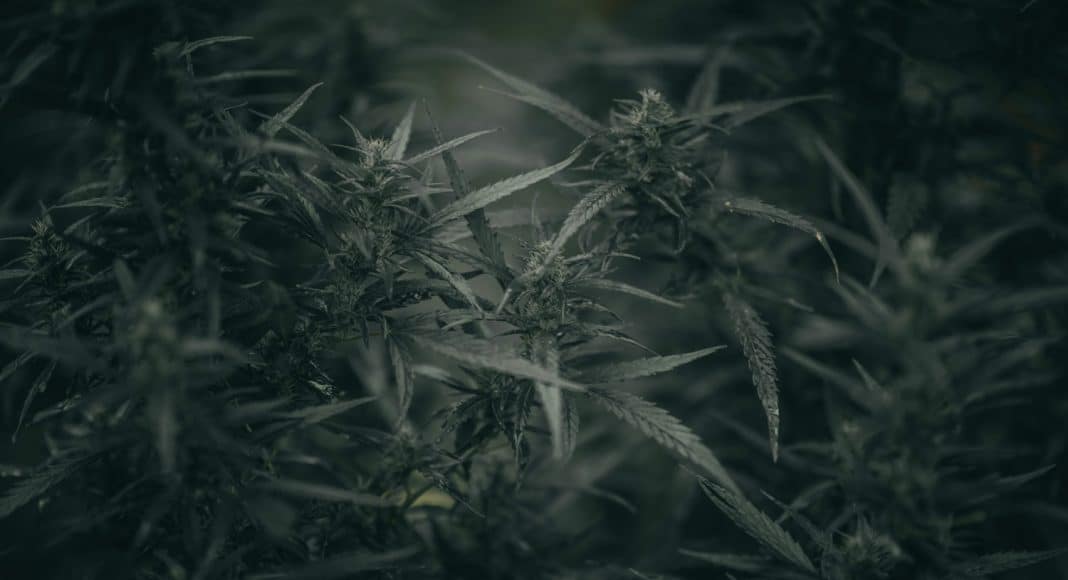A new study found that high taxes and cost of compliance keeps many small-time players within the black market in legalized states.
If you believe Donald Trump, you’d believe that all vaping is created equal. “People are dying with vaping,” he said in explanation of his administration’s decision to flavored e-cigarettes. “A lot of people think vaping is wonderful, it’s great. It’s really not wonderful.”
But in light of America’s vaping crisis, we know that isn’t true. The vaping illness that infects lungs should be separated into two different categories: the one caused by those flavored e-cigarettes, and the vaporizers that involve marijuana.
We know that the disease caused by marijuana vape cartridges is largely fueled by the black market. Brands found on the black market like Dank Vapes and Chronic Carts include vitamin E acetate, a substance that shouldn’t be smoked into the lungs, scientists explained, and could be behind the deadly illness. But in an era where more people theoretically have access to legal cannabis—which is regulated and monitored by states—why does the black market remain so potent? Furthermore, how is there still black markets in states with legal weed?
A new Portland State University exploratory study might have an answer. By examining data following legalization in Colorado and Washington, the paper showcases that excessive regulations by state markets could be driving consumers and producers alike to remain in the shadows.
RELATED: Can The ‘Costco of Cannabis’ Fix California’s Black Market Problem?
“The qualitative analysis of news reports reveals that regulation is one of the main reasons that people stay in the illicit market,” reads the paper. “The comparison of marijuana crime trends in Colorado and Washington shows mixed findings. While marijuana offense rates in Colorado largely remained steady over the years, those in Washington increased dramatically after the implementation of more intensive regulations.”

Graduate student of criminology and criminal justice department Sikang Song is behind the research, as he presented the paper as his master’s thesis. Song pursued the issue, as he wanted to understand why illicit markets continue despite legalization, which many have argued would eliminate the black market for cannabis. But as the Associated Press reported earlier this year, 80% of California’s marijuana sales still occur “under the table.”
“The reasons behind the persistence of the marijuana black market are complex,” he writes. “One of the main arguments is that the legalized states have failed to establish a regulatory framework which effectively keeps both producers and consumers in the legal market. Instead, strict regulations and high cost of compliance have created an environment in favor of big players while driving small-scale businesses into the black market.”
RELATED: The Benefits And Potential Downsides Of Vaping, According To Research
Among the reasons people gave Song as to why they remained in the black market, some of the most frequent responses included “high taxes,” “overregulation,” and “cost of compliance.” Though as Colorado rates didn’t change over the years, as Song wrote, he saw the effect harsh compliance had in Washington. When the state introduced more regulations, Washington’s crime rate also rose, according to Song’s analysis.
“The fact that Washington’s marijuana black market kept growing after the implementation of more complex and sophisticated regulations at least indicates a correlation between regulation intensity and the increase of the black market in the case of Washington,” Song writes.
If we’ve learned anything over the past several years in the legalization era, and what this study speaks to, is that marijuana legalization is only half the battle. Regulation and legislation around cannabis that creates an even playing field for all playing field is just as important. Otherwise, the country might find itself in a worse vaping crisis than the one we find ourselves in.


